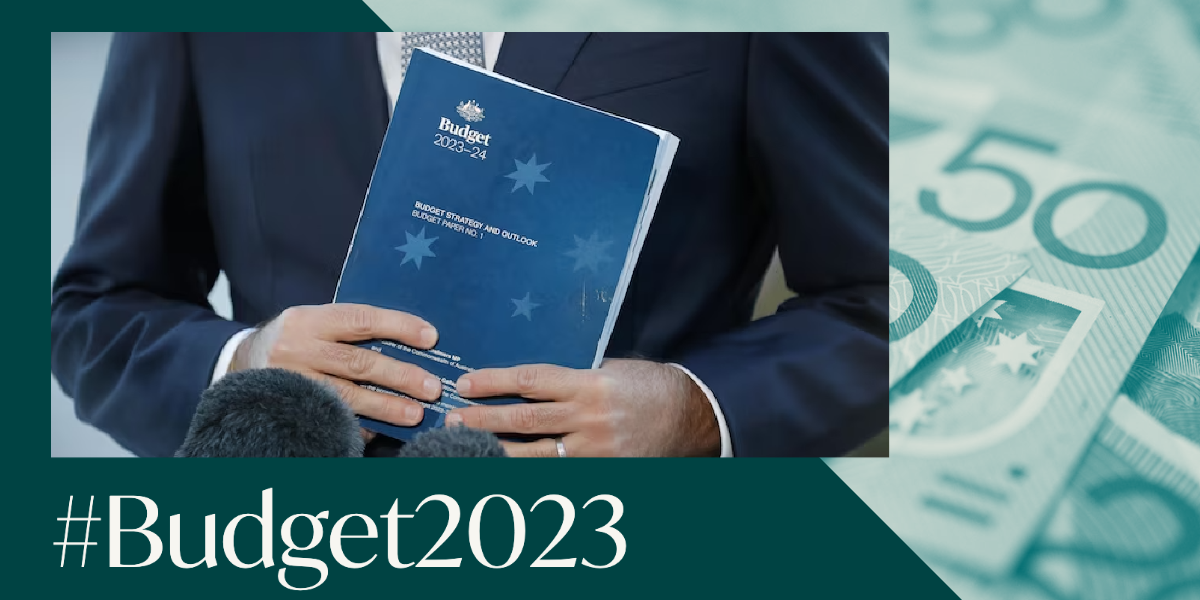A big surplus, cost of living relief, and so called ‘responsible measures’ were the highlight of tonight’s federal budget.
High commodity prices and a surge in employment have helped deliver an unexpected $4.2b surplus in the 2023 budget – the first surplus in 15 years – but there are warnings that it is a temporary sugar hit and the structural issues of costs ballooning faster than revenue, and inflation posing a significant threat.. Treasurer Jim Chalmers claims the budget will take the pressure off inflation, saying the budget has been carefully calibrated to alleviate inflationary pressures, not add to them.
“Our policies to ease the pressure on households will take ¾ of a percentage point off inflation in 2023–24, which is expected to fall from 6 per cent this year to 3 ¼ per cent next year, returning to the RBA’s target band in 2024–25,” he said.
“Still higher than we’d like for longer than we’d like – but tracking in the right direction.”
There were a number of ‘wow’ announcements amongst the usual nods towards fiscal responsibilities and policy initiatives.
Aged care workers will get a significant pay boost, with $11.3 billion to fund a 15 per cent increase in award wages, for more than 250,000 aged care workers.
“This pay rise will help retain, reward and recruit the hard‑working people who care for our loved ones as they grow old,”
And the announcement they managed to keep under wraps in the lead up to the budget is that the Medicare bulk-billing incentive for GPs will be tripled.
Describing it as a centrepiece of this Budget, the Treasurer said it the largest increase to the bulk billing incentive, ever, and the $3.5 billion boost that will help GPs provide free consultations to around 11.6 million eligible Australians.
Boosts for a range of welfare payments, including a $40 a fortnight boost for job seekers, lowering the age for additional support already available for older unemployed people from 60 to 55, and changes to the single parents pension, deliver further cost of living relief for the most vulnerable.
Small businesses are also set to gain from incentives to concert to green energy and a continued $20,000 instant asset write off.
$590 million to the National Plan to End Violence against Women and Children headlined a number of initiatives in favour of reducing disadvantages faced by women.
One of the biggest winners is potentially mining magnate Andrew Forrest, who successfully lobied for a hydrogen incentive program called ‘Hydrogen Headstart’. The $2b investment is intended to empower Australia to be a world leader in producing and exporting hydrogen power.
Specifics of the Budget measures will be revealed in the coming days, but the initial response to the second Budget of the Albanese Government is largely positive, with some caution about the devil being in the detail.
Like what you’re reading? Support The New England Times by making a small donation today and help us keep delivering local news paywall-free. Donate now

